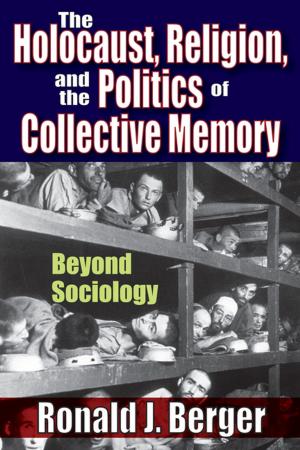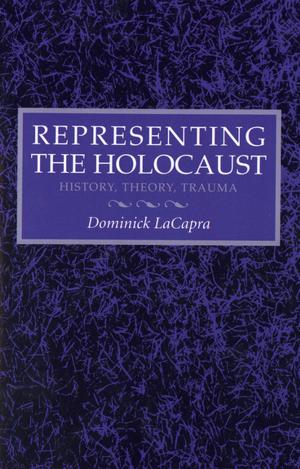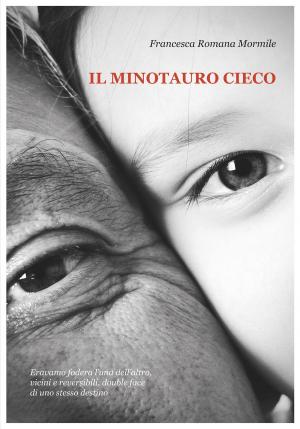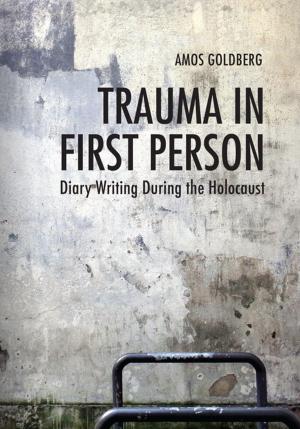| Author: | Maya Ross | ISBN: | 9780996470827 |
| Publisher: | Maya Ross | Publication: | March 23, 2016 |
| Imprint: | Maya Ross | Language: | English |
| Author: | Maya Ross |
| ISBN: | 9780996470827 |
| Publisher: | Maya Ross |
| Publication: | March 23, 2016 |
| Imprint: | Maya Ross |
| Language: | English |
Abe Peck is the only living Holocaust survivor of an entire town in Poland. He is the only person left in this world who can provide a firsthand account of the atrocities committed by the Nazis against his family, friends and contemporaries. Before Nazi Germany targeted European Jews for persecution and then ultimately annihilation in its insidious plan called the ‘Final Solution of the Jewish Question,’ Abe had a wonderful childhood. But in March 1940, at only fifteen years old, Abe was snatched from his home and family and forced to spend the next five unimaginably horrific years as a prisoner in Nazi internment camps. Robbed of his teenage years, with no parents to guide or care for him, Abe somehow survived starvation, disease, beatings, shootings, forced labor, death marches and prolonged imprisonment. If you ask him how he did it—how he defied death by beating the most abysmal of odds—he will simply tell you that he was lucky: But was it luck, or was it an indomitable will to live? Whatever the reason, we, as a society, are extremely fortunate that a man like Abe Peck survived to tell his story of growing up in an increasingly sinister society fraught with hatred, ignorance, and intolerance. We almost lost Abe because evil was allowed to flourish unchecked. It is Abe’s hope that by experiencing the horrors of discrimination and genocide firsthand, through his eyes, next generations will learn from the past and say, “Never again.”
Abe Peck is the only living Holocaust survivor of an entire town in Poland. He is the only person left in this world who can provide a firsthand account of the atrocities committed by the Nazis against his family, friends and contemporaries. Before Nazi Germany targeted European Jews for persecution and then ultimately annihilation in its insidious plan called the ‘Final Solution of the Jewish Question,’ Abe had a wonderful childhood. But in March 1940, at only fifteen years old, Abe was snatched from his home and family and forced to spend the next five unimaginably horrific years as a prisoner in Nazi internment camps. Robbed of his teenage years, with no parents to guide or care for him, Abe somehow survived starvation, disease, beatings, shootings, forced labor, death marches and prolonged imprisonment. If you ask him how he did it—how he defied death by beating the most abysmal of odds—he will simply tell you that he was lucky: But was it luck, or was it an indomitable will to live? Whatever the reason, we, as a society, are extremely fortunate that a man like Abe Peck survived to tell his story of growing up in an increasingly sinister society fraught with hatred, ignorance, and intolerance. We almost lost Abe because evil was allowed to flourish unchecked. It is Abe’s hope that by experiencing the horrors of discrimination and genocide firsthand, through his eyes, next generations will learn from the past and say, “Never again.”















